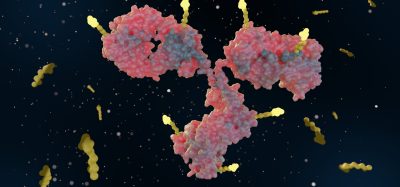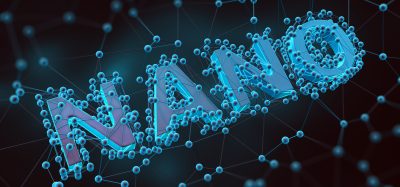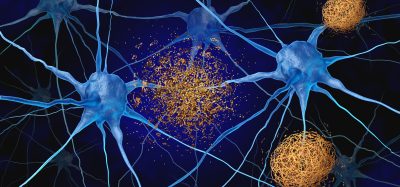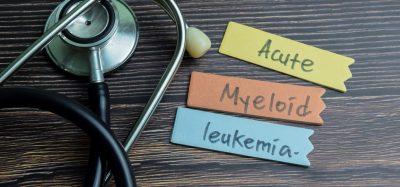Inhibiting protein slows glioblastoma tumour growth
Posted: 11 July 2019 | Victoria Rees (Drug Target Review) | No comments yet
Researchers have discovered that inhibiting the ID1 protein slows the growth of glioblastoma tumours and reduces resistance to chemotherapy.
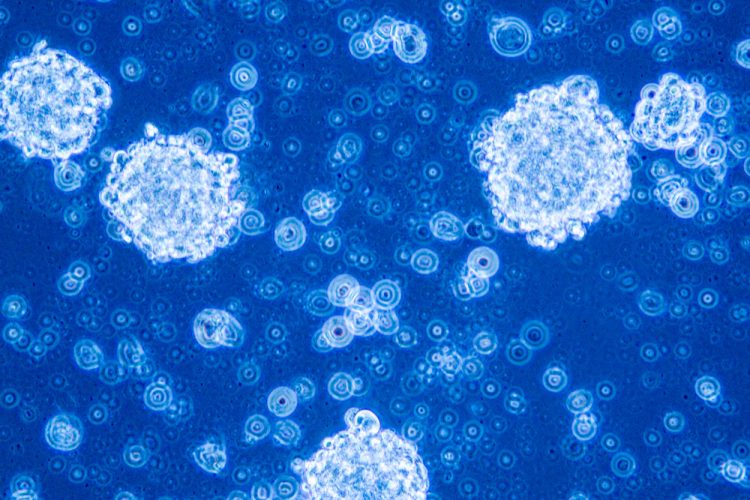

A study has identified the existence of a protein that is involved in maintaining glioblastoma and making it less susceptible to treatment. According to the researchers, these findings could inform new strategies for slowing the growth and recurrence of the condition.
The study was conducted by researchers from St Michael’s Hospital and The Hospital for Sick Children (SickKids), both based in Toronto, Canada.
The team suggested that the ID1 protein is critical for tumour initiation and growth, and prevents other genes from being activated or repressed by binding to their activators and inhibitors.
The researchers inhibited the ID1 protein in lab models and human cells. They used either CRISPR or pimozide, a drug used to treat psychosis and Tourette’s syndrome, and observed that glioblastoma tumour growth slowed down. Breast adenocarcinoma and melanoma growth were also found to decrease.
Turning off the protein altogether also helped the tumours to become less resistant to chemotherapy.
“The field has postulated for years that cancer stem cells are a small population within the tumour but critical because they mediate treatment resistance and cancer resistance,” said Dr Sunit Das, a scientist at St Michael’s Keenan Research Centre for Biomedical Science and The Arthur and Sonia Labatt Brain Tumour Research Centre at SickKids. “We’ve now found proof of that speculation.”
“Our findings suggest that we may be able to enhance the effectiveness of therapies we already have, such as chemotherapy, as opposed to taking many years to create entirely new therapies,” continued Das.
The researchers say that the next steps will be investigating the development of new inhibiting medications for ID1 and commencing a trial to ensure that the targeting is effective.
The findings were published in Cancer Research.
Related topics
Drug Targets, Oncology, Protein
Related conditions
Breast adenocarcinoma, Glioblastoma, Melanoma
Related organisations
Cancer Research, St Michael's Keenan Research Centre for Biomedical Science, St. Michael's Hospital, The Arthur and Sonia Labatt Brain Tumour Research Centre, The Hospital for Sick Children
Related people
Dr Sunit Das




